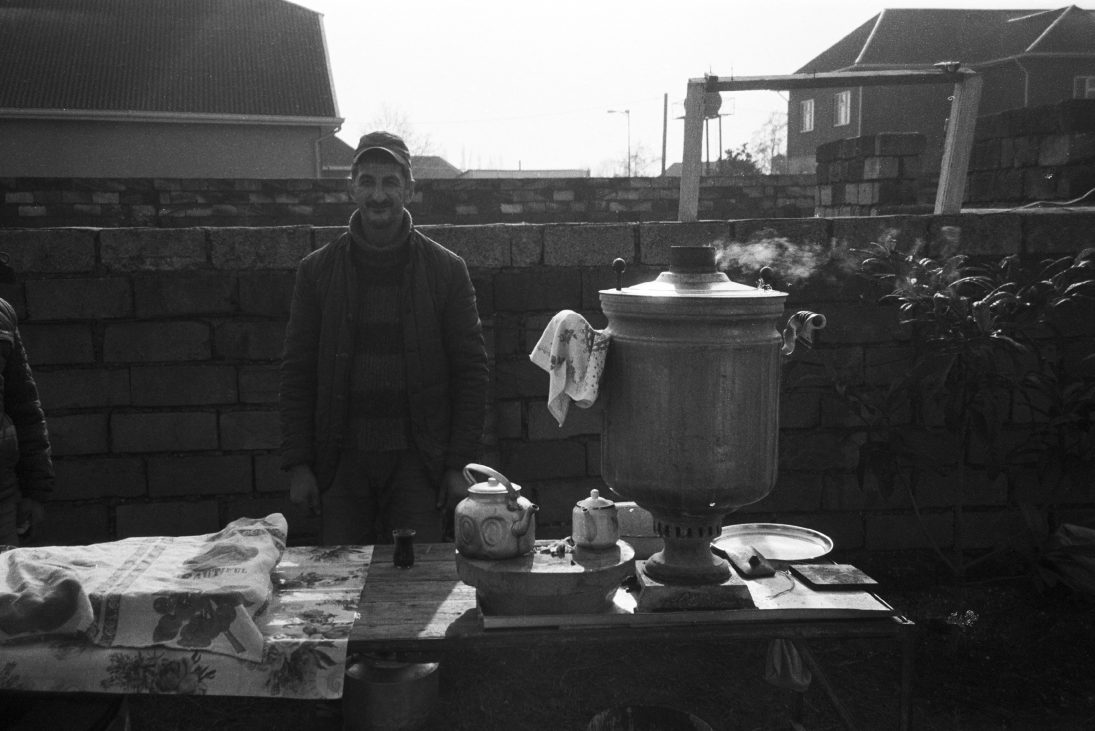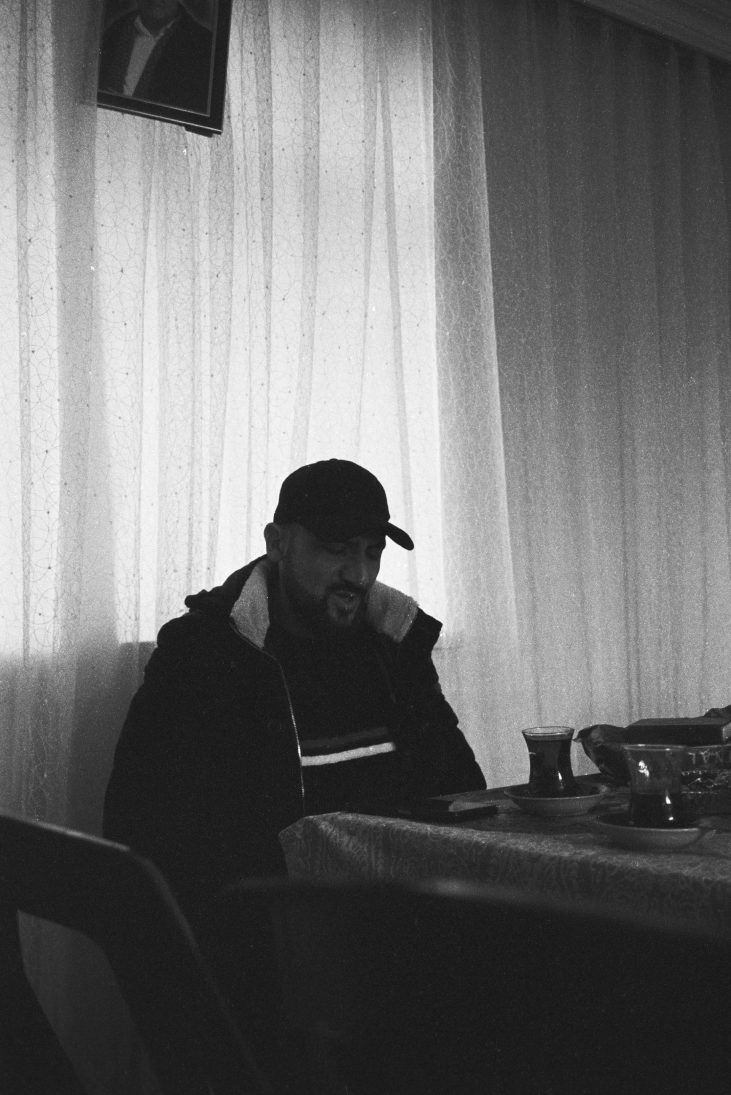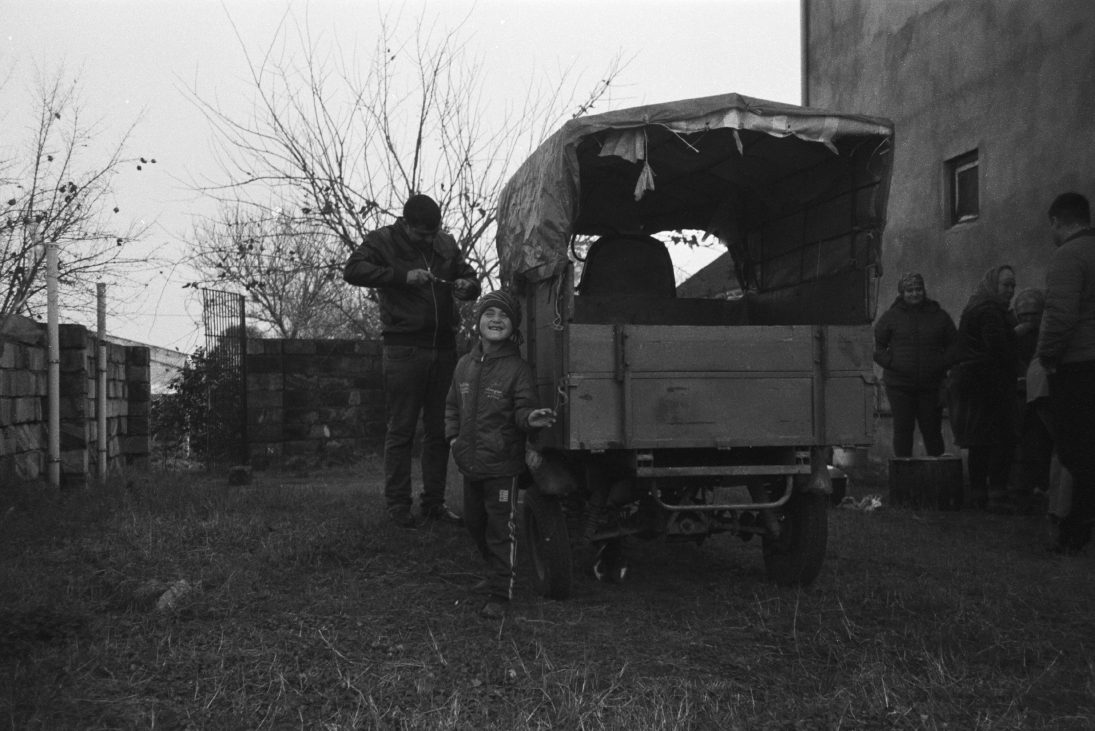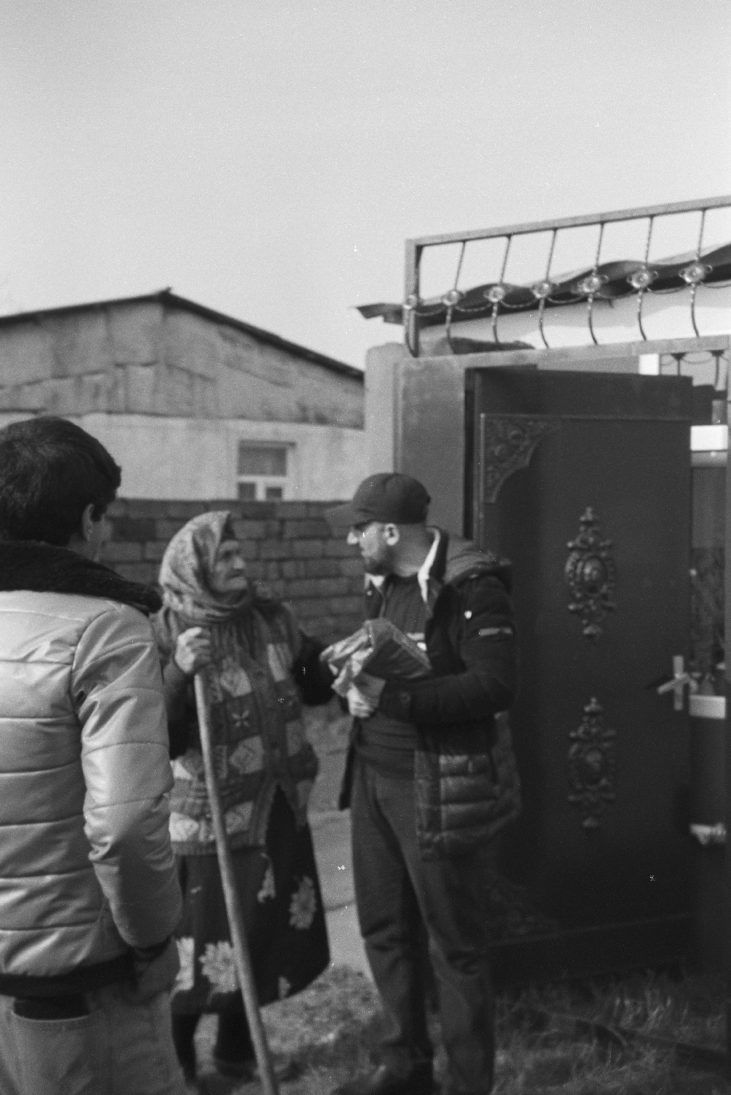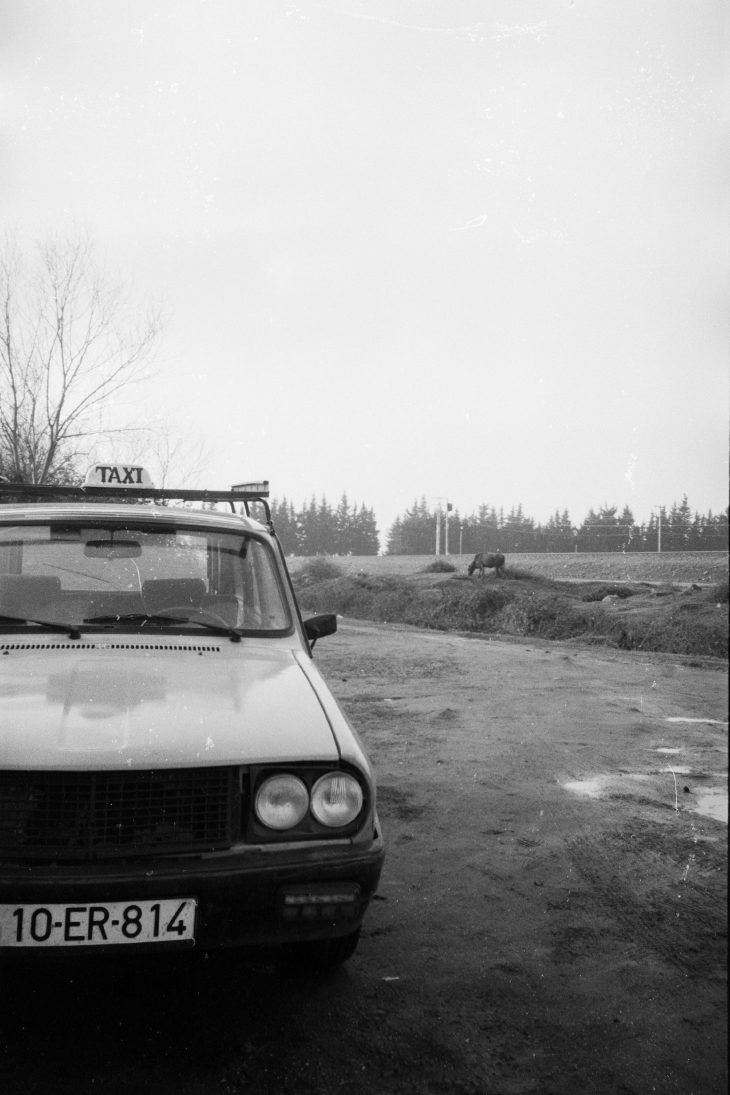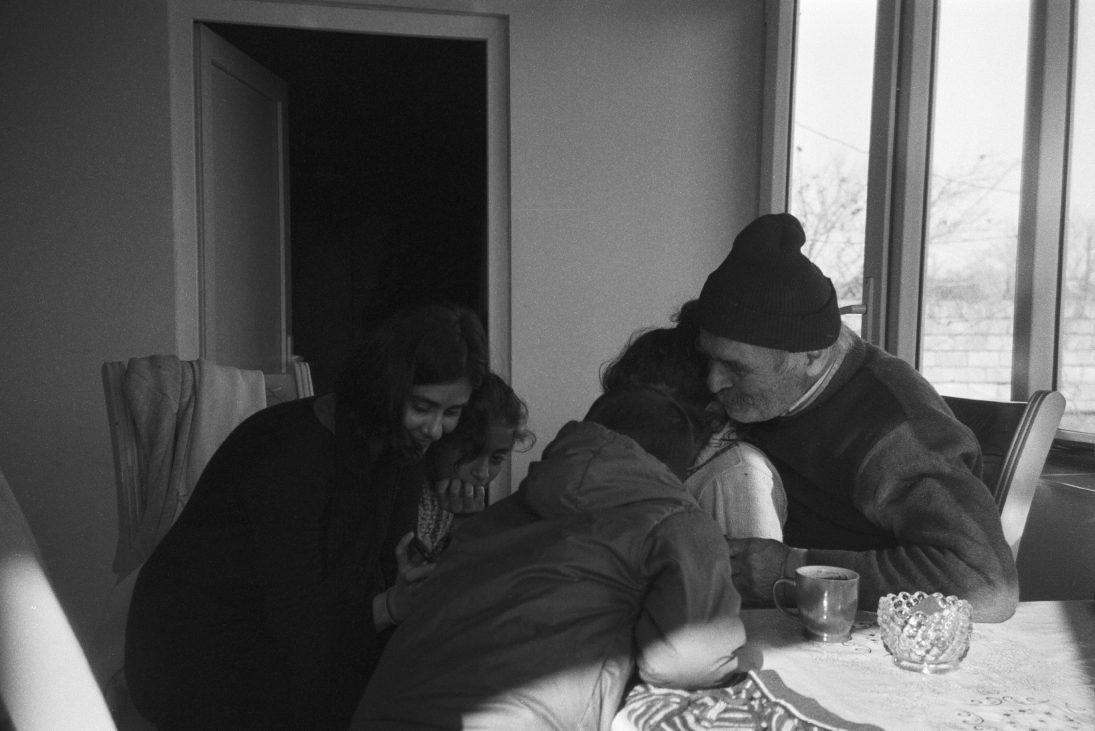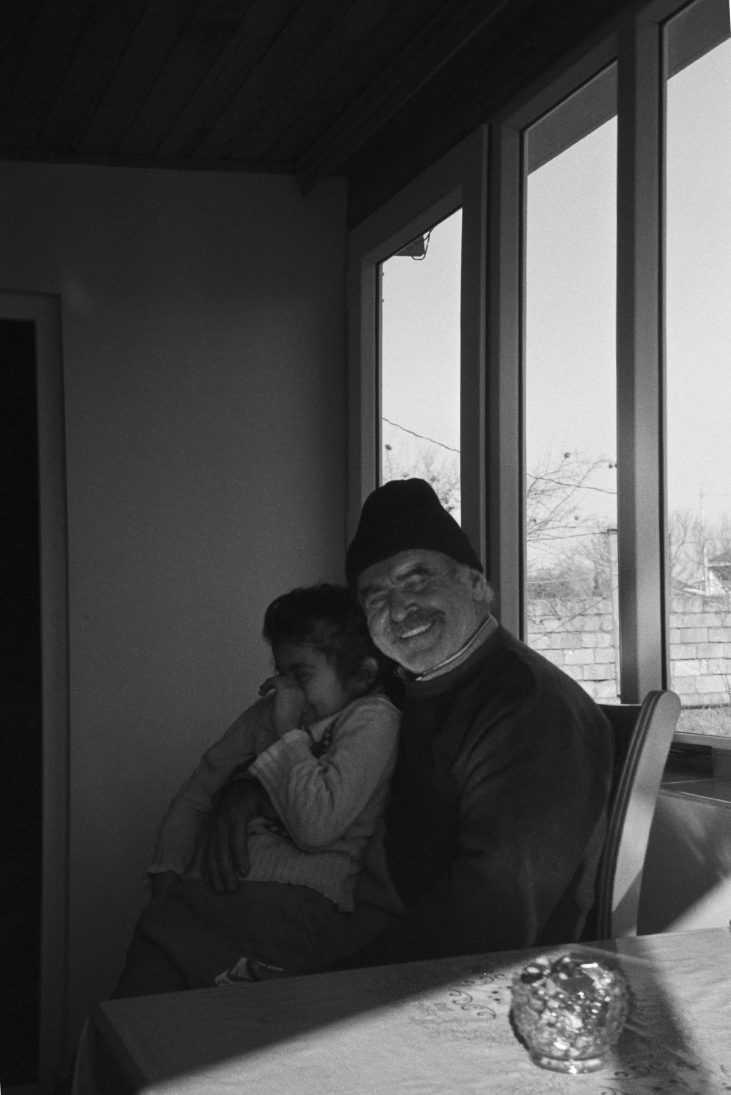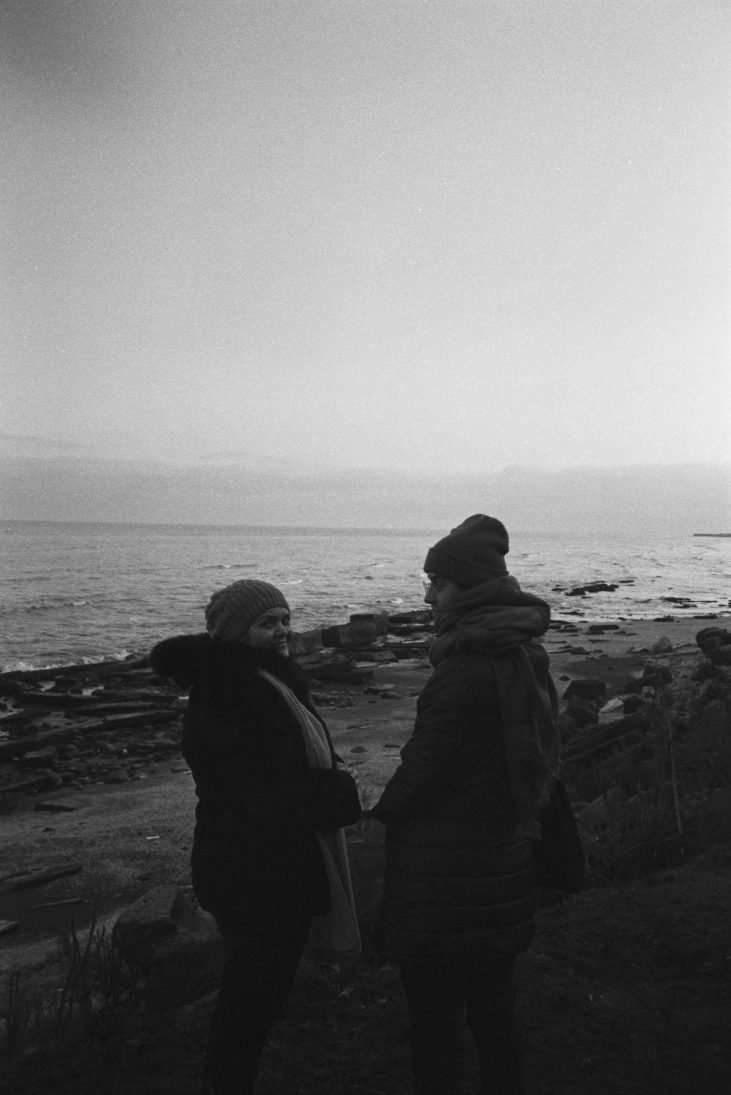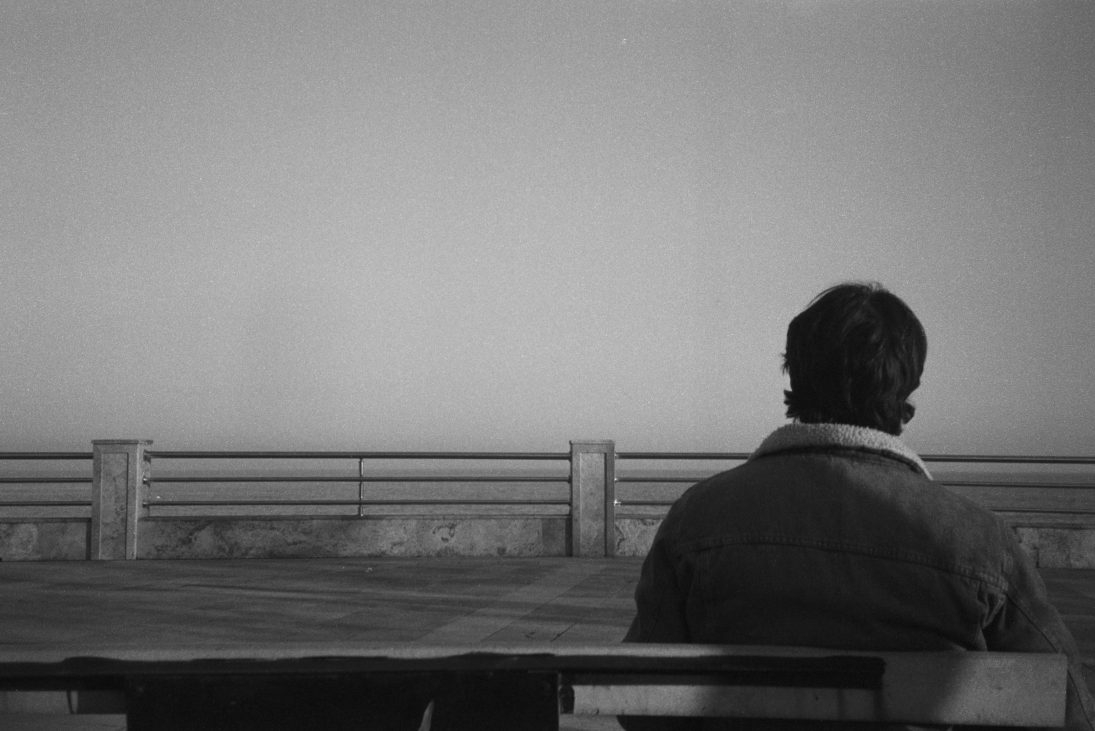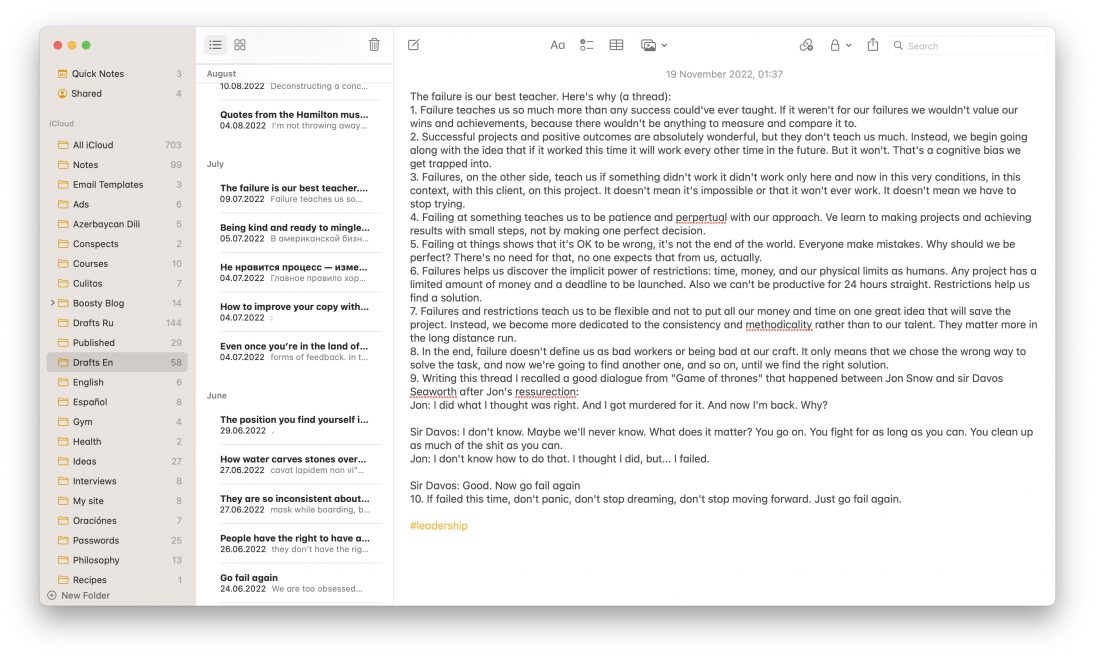How to suck at anything
Twitter is full of threads with “universal solutions on how to succeed in anything”. Well, let me share some reverse advice looking at this question from the other side.
- Give a shit what others think of you. Their opinion is all you have to care about when starting a new project.
- Multitask whenever possible. Do as many projects as you can at the same time. Time is limited, so try to increase your impact by doing more things.
- Scroll your social feed at least two hours a day to stay tuned to the useless shit unknown people brought to you.
- Check your inbox every five minutes. It’s important to be in touch ASAP. Don’t miss a thing!
- Focus on the outcome rather than the process. Everyone knows that results matter the most in life!
- Stay up late for extra work. Nights are the best time for creativity, all geniuses sacrificed their sleep for success.
- Eat as much as you want and at any time of the day. The food is just a fuel for the body, so stop worrying about junk food and all that. We’re all gonna die anyway.
If you know more ways to fuck up your life, share the wisdom in the comments.
 327
327 